Changemaker Profile: Renard Turner and the Central Virginia Agrarian Commons

A Q&A with Renard Turner, co-owner and operator of Vanguard Ranch and founding board member of the Central Virginia Agrarian Commons.
Regenerative Farmers Need Land
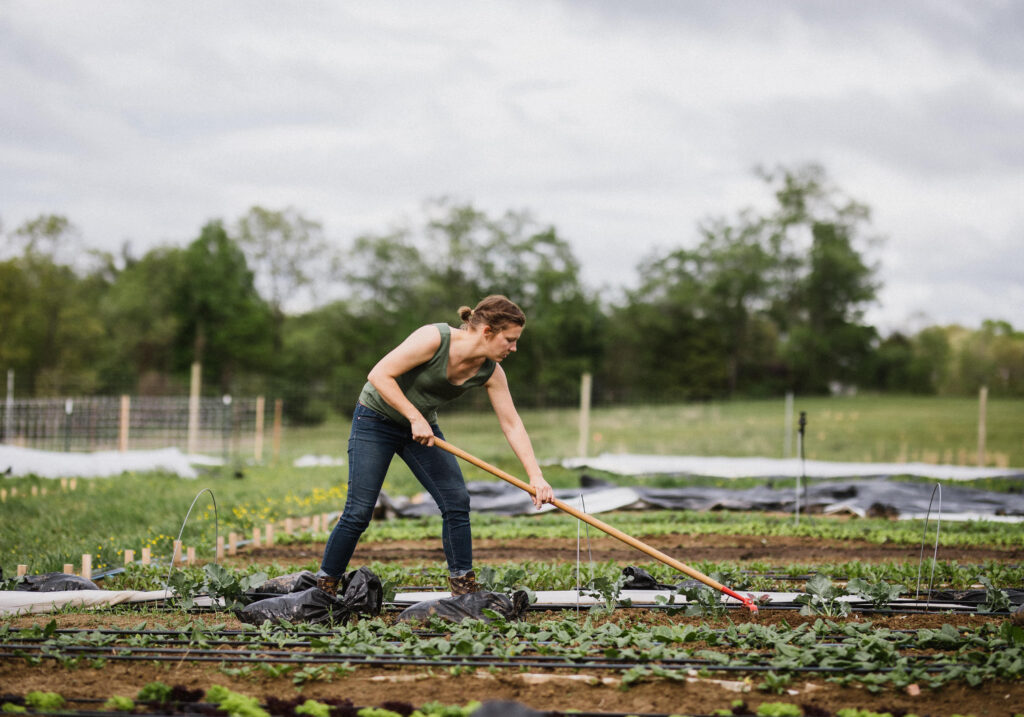
According to the 2022 survey by National Young Farmers Coalition, 83 percent of new farmers report that “one of their farm’s primary purposes for existing is engaging in conservation or regeneration.”
Food Sovereignty & Regenerative Agriculture at COP 27
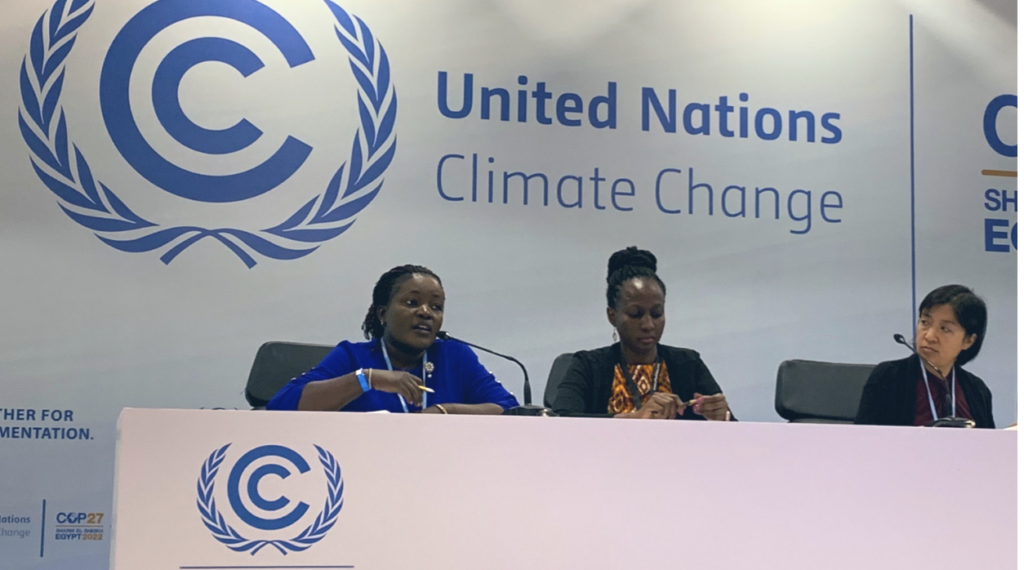
A growing body of evidence, including a report by the Intergovernmental Panel on Climate Change, supports Regenerate International’s claim. Regenerative agriculture practices, many of which are used by Agrarian Commons farmers, have the potential to remove carbon from the atmosphere and greatly mitigate the effects of climate change.
Butz’s Law of Economics

In 1977, two of the most influential figures in the history of American agriculture met at Manchester College in North Manchester, Indiana, to debate two widely differing visions of farming, culture, and the future of American farmland. Wendell Berry, the renowned poet, farmer, and writer defined the difference between himself and his rival, Earl Butz—the Secretary of Agriculture (1971 to 1976) widely credited with setting in motion the rapid consolidation of farmland in the United States—in simple terms. “We may never meet,” said Berry, “because he’s arguing from quantities while I’m arguing from values.” Where Berry saw the widespread loss of community, rural values, and care for the land, Butz saw an opportunity for increased profits.
The Ogallala Aquifer, Water Depletion, and the Promise of the Commons
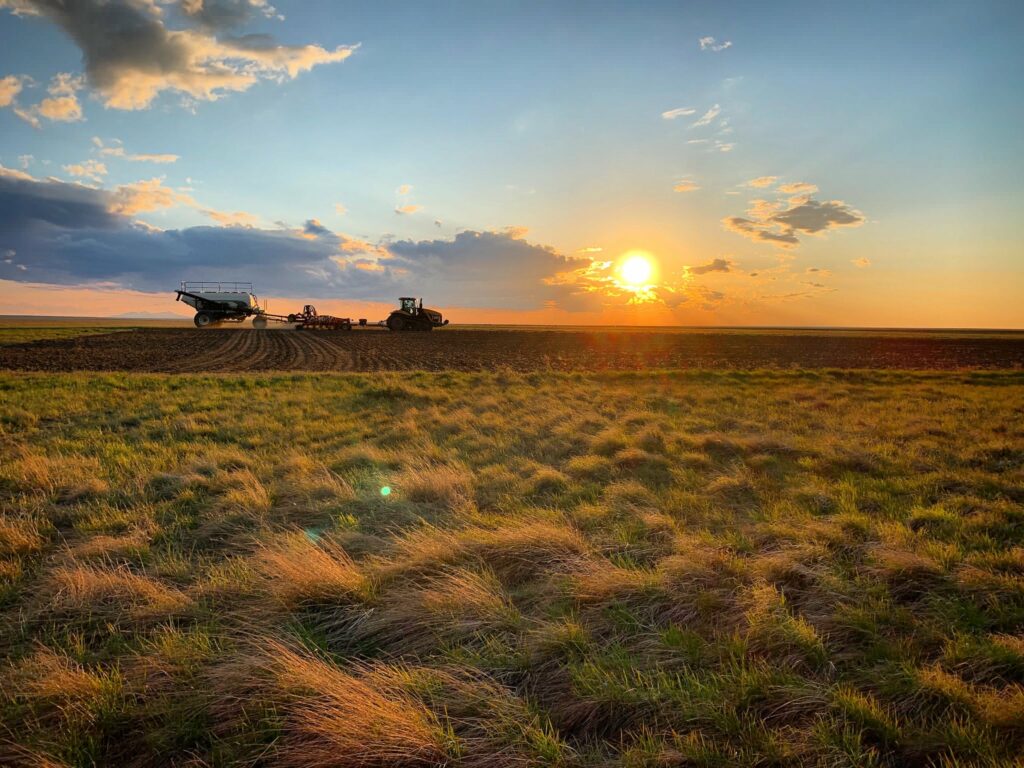
In California and the Midwest, extended droughts have already caused farmers to draw heavily on aquifers (large, underground reservoirs of water) to water their crops. The Ogallala Aquifer, which stretches across much of the Midwest, a region which produces one-fifth of U.S. wheat, corn, and cotton, and over a third of its beef, has already been significantly depleted.
Combatting Climate Change
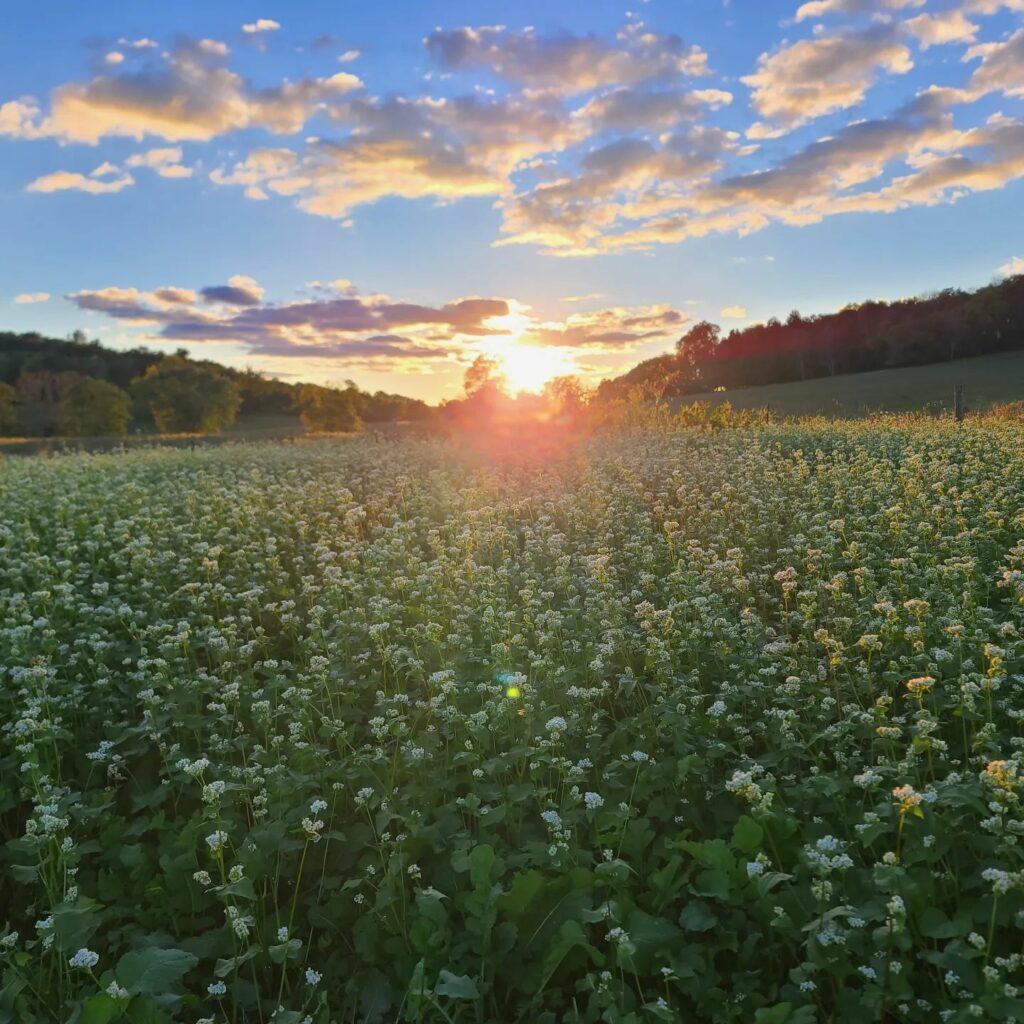
The good news is, while emissions reduction is still the most important way to mitigate climate catastrophe, there is a growing body of evidence that shows that carbon can be removed from the atmosphere—and stored in soil. This process, known as soil sequestration, is being championed by farmers, climate scientists, and nonprofit organizations, including Agrarian Trust, who see it as one of our most valuable tools in the fight against climate change.
Envisioning the Future of Black Seed Agroecological Farm and Village
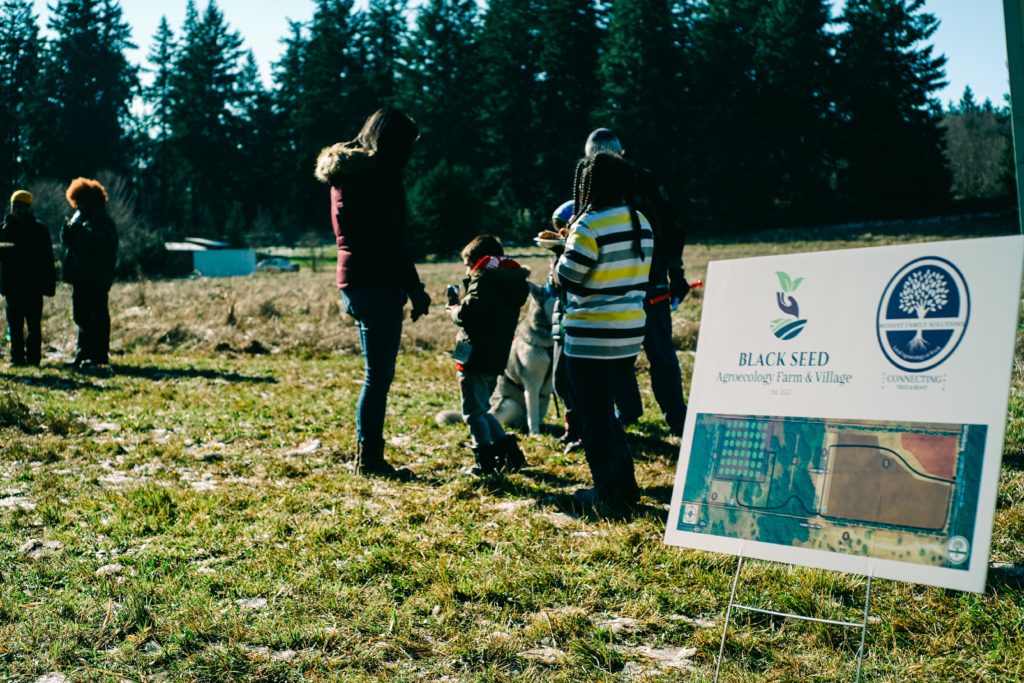
Black Seed Agroecological Village and Farm is still in the beginning stages of development. As is the case with most new farming operations, there’s a lot of work that needs to be done before the farm can begin operating at full capacity. New fields need to be cultivated, perennials planted, and new buildings constructed. Turner is currently working with the Washington State Department of Agriculture to define water rights on the farm, and to identify the source of surface water that covers part of the land.
What is Agroecology?
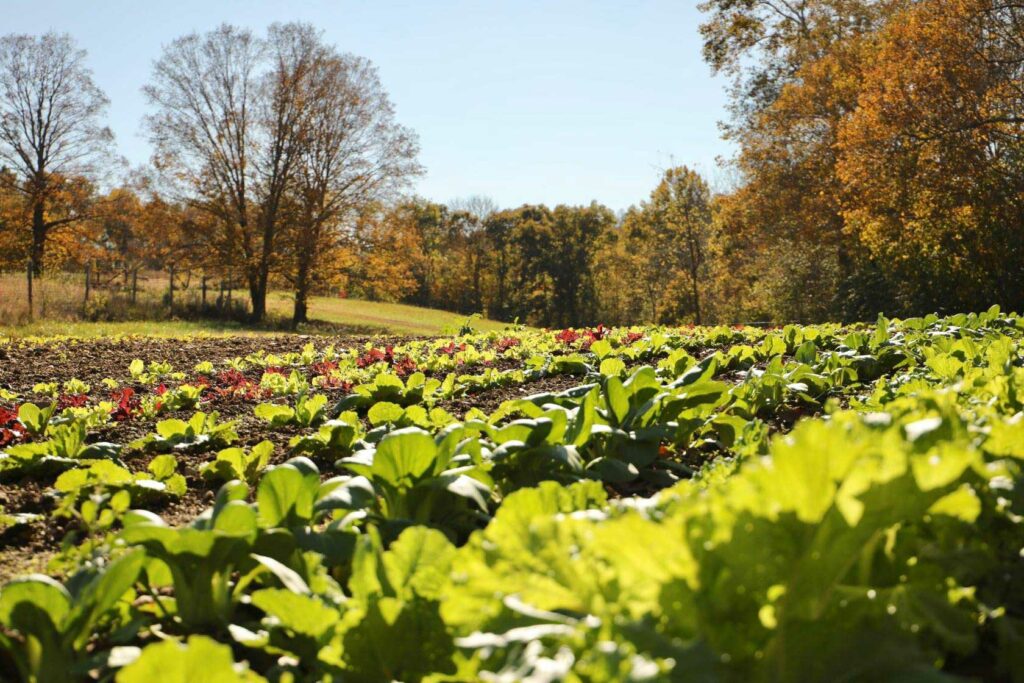
Agroecology is simply a continuation of these millennia of knowledge accumulation. Any one definition of agroecology as a practice would be incomplete. It reaches beyond a limited set of techniques or ideas, instead embracing the efficacy of agricultural techniques produced on a regionally, culturally, and ecologically specific level.
Key Findings From National Young Farmers Coalition’s 2022 Farmer Survey
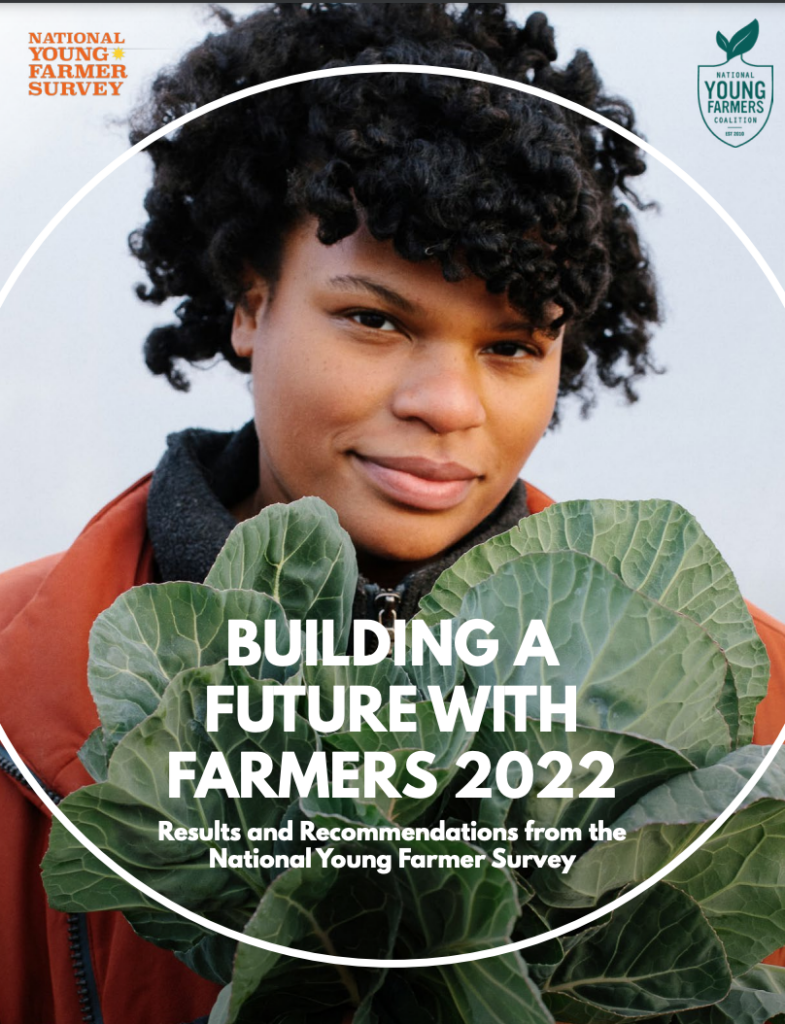
According to the survey, 59 percent of farmers surveyed reported that finding affordable land was “very or extremely challenging.” An even higher percentage of BIPOC farmers—68 percent of Indigenous respondents and 66 percent of Black respondents—gave the same response.
Rebuilding the Soil with Steve Normanton
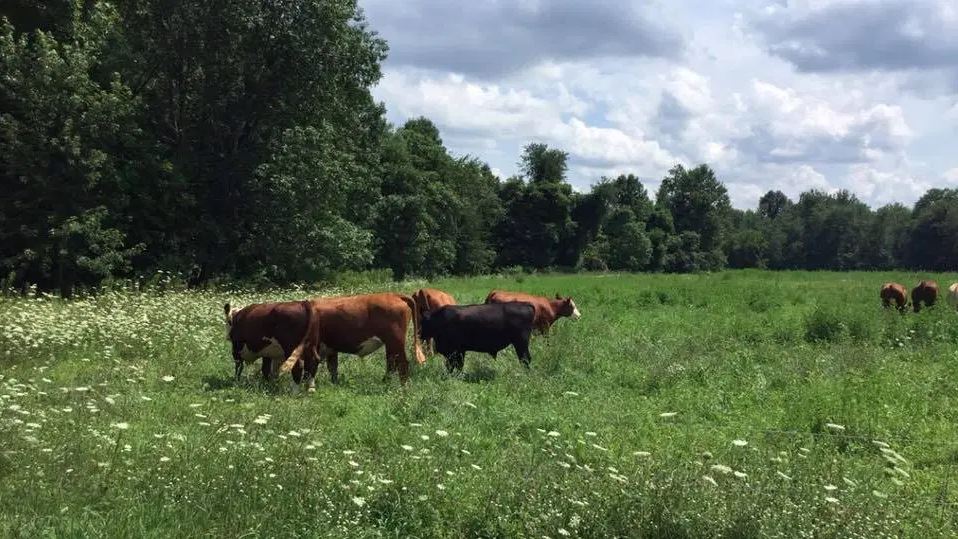
Rotational grazing is an exercise in balance and careful observation, requiring the farmer to time the movements of their herd around the life cycles of the grass and the decomposition of manure. If a plot of land is overgrazed, the soil can be polluted by excess manure. If it is not grazed at all, the grass loses the rich nutrients provided by manure and goes to seed, creating fibrous “lignified” organic matter that is less nutrient dense and difficult for cattle to digest.
